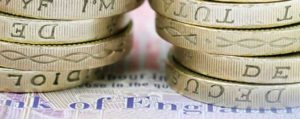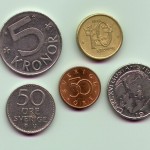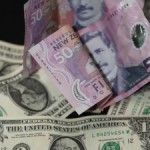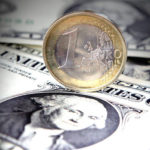 British pound lost ground against the Japanese yen on Friday, after reaching one-week highs yesterday, as the European Union followed the United States in imposing further sanctions on the Russian Federation, which urged market players to look for safe haven assets, such as the yen.
British pound lost ground against the Japanese yen on Friday, after reaching one-week highs yesterday, as the European Union followed the United States in imposing further sanctions on the Russian Federation, which urged market players to look for safe haven assets, such as the yen.
GBP/JPY touched a daily low at 168.10 at 8:00 GMT. At 9:46 GMT the pair was losing 0.29% for the day to trade at 168.52. Support was likely to be found at March 18th low, 167.78, while resistance was to be encountered at March 20th high and also the highest level since March 13th, 169.72.
The European Union added 12 names to its list of Russians and Ukrainians penalized with asset freezes and travel bans, which brought the total number to 51 Russian and Ukrainian politicians and military commanders sanctioned by the currency bloc. This decision came one day after the United States imposed sanctions on 20 Russian officials and business leaders, which were said to have links with Russian President Vladimir Putin.
In what turns out to be the worst conflict since the end of the Cold War, as Russia is just on the verge of annexing Crimea and continues to mass troops close to Ukraine’s eastern border, the United States and the European Union are trying to coordinate their response as they press Vladimir Putin to back down.
In addition, Fitch and Standard & Poor’s ratings agencies reduced Russia’s credit rating outlook to negative, which boosted demand for the Japanese yen.
“Trading conditions this morning have been a little bit more risk averse,” said Lee Hardman, a foreign-exchange strategist at Bank of Tokyo-Mitsubishi UFJ Ltd. in London, cited by Bloomberg News. “The Russian equity market has opened sharply lower after the announcements from Fitch and S&P placing their rating on negative outlook. That’s potentially impacting risk sentiment this morning and encouraging a bid for the yen.”
Meanwhile, a report by the Office for National Statistics (ONS) showed that United Kingdoms public sector borrowed more than expected in February. Expenditures last month exceeded those made during February 2013, while revenues declined. The budget deficit was at the amount of 7.5 billion GBP during February, lesser than what has been forecast by analysts (8.6 billion GBP), and following a revised budget surplus of 6.8 billion GBP during the preceding month.
Frail economy during 2011 and 2012 obstructed initiatives for reducing the deficit, something which UK Chancellor of the Exchequer, George Osborne, originally expected to accomplish before elections due in 2015.
Yesterday the UK Office for Budget Responsibility said that it sees UK economy expanding 2.7% this year, up from 2.4% forecast in December. It also projected that nations Gross Domestic Product will increase 2.3% during 2015 and 2.6% during 2016 and 2017.
On Wednesday a report by the ONS revealed that the unemployment rate in the United Kingdom, measured in accordance with methodology by the International Labor Organization (ILO), was 7.2% during the three months through January, the same as in the final quarter of 2013 and also in line with analysts’ expectations.





